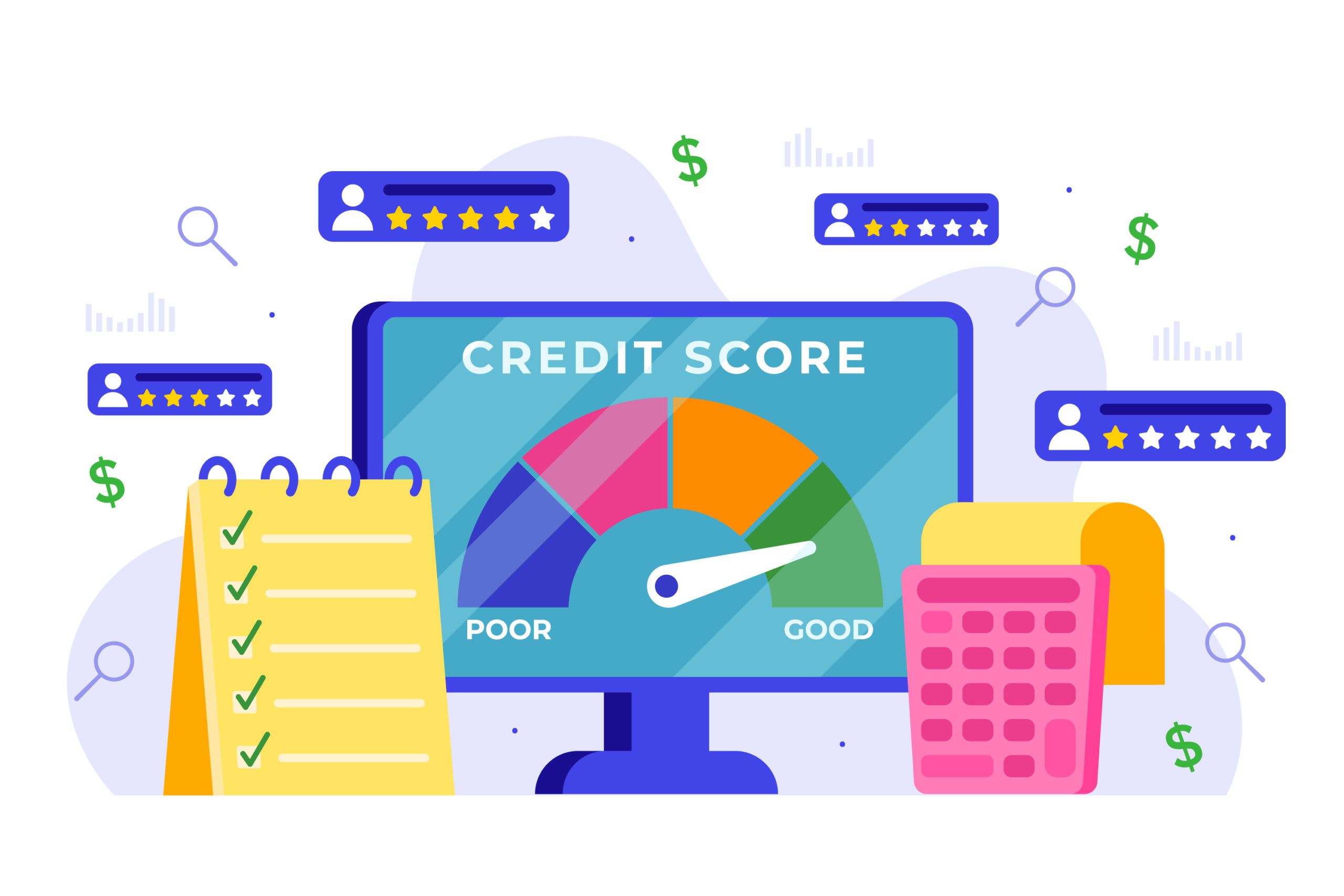7 Quick Tips on Dealing With Debt
Managing your finances when you are in debt can be incredibly stressful. It’s difficult to find the right balance so you can manage debt repayments and increasing interest, while also covering your monthly living expenses. More people find themselves in this situation at the moment because energy price hikes, inflation, and the increased cost of living are putting more pressure on their finances. Currently, the average UK debt for adults is £33,000 and this figure is likely to increase in the near future.
When debt is piling up, it’s always a good idea to seek advice from a specialist before things get out of hand. However, there are some key things you can do to stay on top of the situation. Here are 7 tips on dealing with debt.
1. Pay Off Credit Cards

Credit card debt should be a priority because they usually have high-interest rates and it’s easy to get into a debt spiral if you have multiple cards. If you are not in a position to pay off the full balance, pay off whatever you can afford. Paying little and often will bring the balance down and
reduce the interest, making the debt more manageable. When paying off credit cards, focus on the ones with the highest interest first so you can reduce your overall monthly payments as much as possible.
If you have over 3 lines of credit with at least 2 creditors, you may qualify for an Individual Voluntary Arrangement or a Debt Management Plan. An IVA allows only pay back what you can realistically afford each month with any remaining debt being written off at the end of the agreed term.
2. Build an Emergency Fund

People assume that all disposable income should go towards paying off debts, but that is not true. As long as you are meeting the required contractual repayments on your debts, it can be a good idea to save money, even if you have a lot of debt payments to make. That way, if you are hit with an unexpected expense like home or car repairs, for example, you have money to pay for it.
Without an emergency fund, you may otherwise be forced to borrow more and push yourself further into debt. So, even if you can only afford to save a small amount, put aside whatever you can. If you do decide to save, always make sure you pay your contractual monthly repayment amounts on your debts first.
3. Take Account of All Your Debts

Knowing exactly what you owe allows you to make an informed decision about how to deal with your debts. But when you have lots of different debts, it is easy to lose track. So, gather all of your debts and write them down on a piece of paper so you can get a total figure for what you owe and how much your monthly repayments are.
Visualising your debts in this way helps you see whether you can actually afford to pay them back or if you need to seek help. If you find that you cannot realistically afford to pay your debts, Swift Debt Help can assist you. You may be eligible for a formal debt solution such as an IVA or Debt Relief Order if you have multiple debts. Otherwise, we can talk you through the rest of your options and find the best way for you to tackle your debts.
4. Prioritising Debts

If you do decide that you can pay debts on your own, you should start by prioritising them. Sort them into the most and least important based on how much you owe, what the interest rates are, and what the consequences for non-payment are. For example, if you are on a last warning your creditors could take legal action and pass the debt onto collectors. This could result in bailiffs being instructed who may attempt to repossess items from your home as a means of satisfying the debt. This debt would be considered a priority debt.
If you have council tax debt and your arrears reach a magistrates court, you could be issued a CCJ, an Attachment of Earnings Order, or even sent to prison, so this debt would also need to be dealt with as a priority.
Ideally, you should pay all debts on time. But when this simply is not possible, prioritise them and focus on the most important ones first.
If after prioritising your most important debts you find you don’t have enough left over to pay the rest of your creditors what they are demanding, get in touch with Swift Debt Help to explore all the options available to you so you can understand the help available to people struggling with debt.
5. Create a Spending Plan

A strict spending plan can free up more money to go towards clearing your debts. Start by tracking your income and all of your essential outgoings to calculate how much disposable income you have left. You can then start finding areas to cut back and save money.
Meal plans help you be more economical with your shopping, for example. You can also try turning down your heating a few degrees to make savings during the winter. Look at all of the small expenses like subscriptions too because these quickly add up.
6. Seek Help

Trying to deal with debts on your own can often be difficult and extremely stressful. When things get out of control, always remember there are services available to assist you in resolving the problem.
Struggling to deal with the problem alone could make your situation worse, so if you find that you are unable to pay your debts, contact us at Swift Debt Help right away and we can show you what your options are. There are many different processes available that can help you deal with debt.
7. Exclude All Luxuries

Finally, you should try to exclude all payments that are not completely necessary. This includes eating out, delivery meal plans, TV subscriptions and memberships, buying lunch or coffee at work, cosmetic treatments, and any other non-essential purchases. Although this may seem extreme, it allows you to pay more towards your debts and chip away at them little by little.
Once you are meeting the minimum required monthly repayments on all of your debts, you will be in a more stable financial situation, and you can start paying for luxuries again if you wish.
If you have numerous debts of different types in varying amounts, it can be difficult to keep track of payments and manage your finances.
If you have read the above tips and feel that you may need more help, or wish to understand the options available to you in your circumstances, Swift Debt Help debt solution finder is a great first step in finding the help you need. You just need to enter your debt amount, your residential status, and your contact information and you will one of our friendly team will provide you with essential information about your available options. Otherwise, get in touch with Swift Debt Help directly and we will give you all of the expert advice you need.
Request a Debt Assessment
Disclaimer: For guidance only. Financial information entered must be accurate and would require verification. Other factors will influence your most suitable debt solution.







